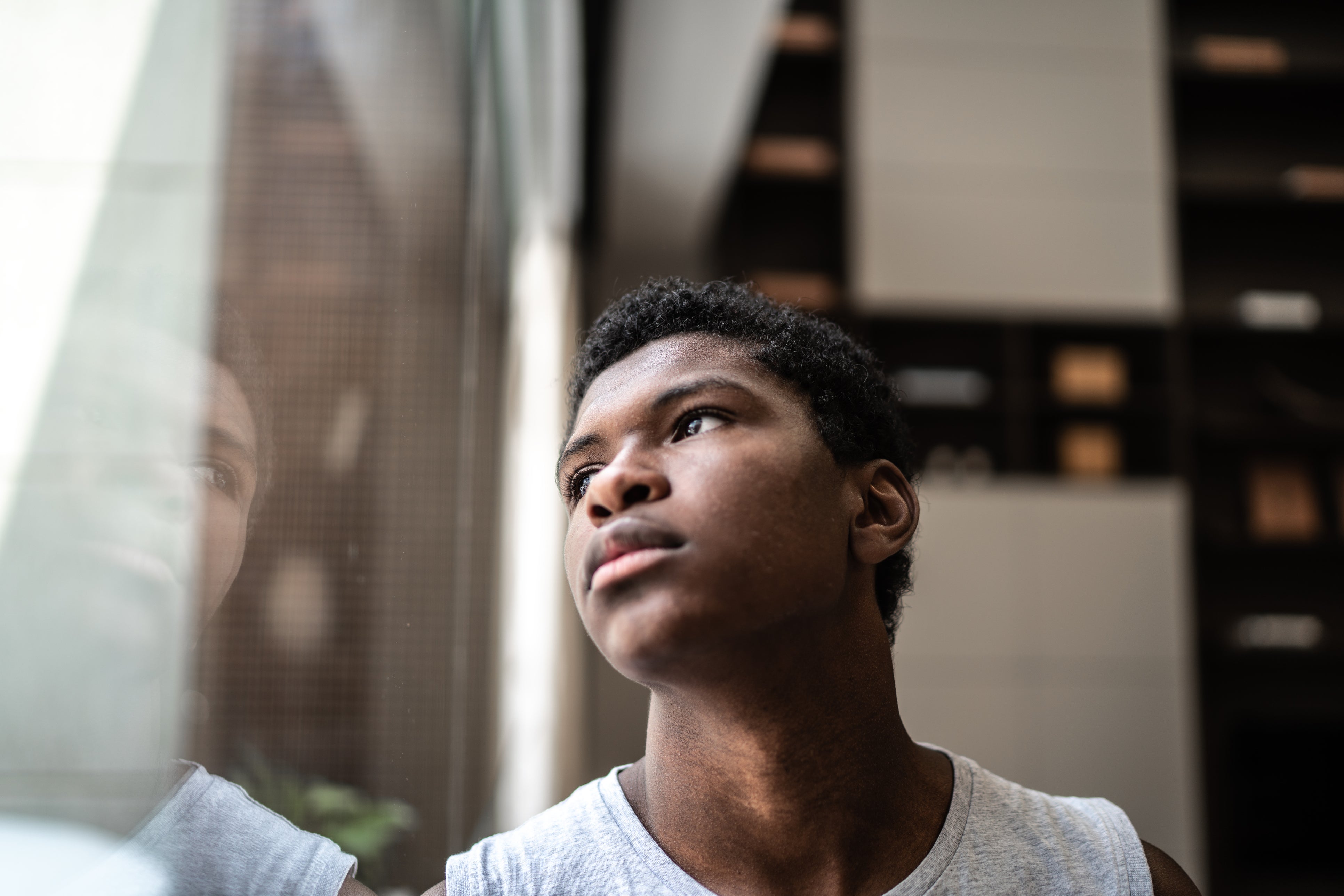
The year 2020 was so traumatic for young people that their social development has been stunted, researchers have claimed.
A new study has found that young adults were less satisfied with their relationships, felt less intimacy, and felt less supported by their friends in the year of the pandemic, compared with 2019.
As a consequence, academics claimed that those affected suffered enough “missed opportunities” to impact their development.
The study, which was published in Social, Psychological and Personality Science journal, compared the social development of 415 young people from California aged between 18-35-years-old over eight months in 2020, with that of 465 young Californians of the same age bracket in 2019.
Participants shared updates on factors relating to their development with researchers.
They discovered that while young people in 2020 described feeling more stress and anxiety than in previous years, they did not report feeling more lonely than in other years, surprisingly.
“If everything goes well, young adults select into social networks, initiate friendships and romantic relationships, and find their occupational niche,” lead study author Dr Janina Bühler, of Johannes Gutenberg University in Mainz, said.
“Our findings, however, show that external stressors and environmental variations may set young adults on a less fortunate path.”

She added that small effects could have lasting consequences.
“Environmental conditions and contexts are critical for development, because they provide the opportunities that people need to grow in a healthy way,” she continued.
“In 2020, the average young person may have had fewer of these opportunities, causing fear and anxiety while potentially hindering their development.”
The US presidential election, the killing of George Floyd and other seismic global events were also cited as key stressors for many young people, although this varied between participants.
Researchers concluded that additional studies examining how people who were less impacted coped could lead to better resources and support for struggling youngsters being developed.
The news follows a February report by The Prince’s Trust which found that happiness in young people was at its lowest point in 13 years.
A survey of 2,106 16 to 25-year-olds commissioned by the charity, revealed that almost a quarter (23 per cent) of young people in the UK believe they will never recover from the impact of the Covid-19 pandemic.
Additionally, more than one in four (44 per cent) are more anxious now than they were at the start of the Covid-19 pandemic.
Jonathan Townsend, the UK chief executive of The Prince’s Trust said the past two years could be “a scar for life on young people” unless urgent action was taken.
Additional reporting by SWNS







